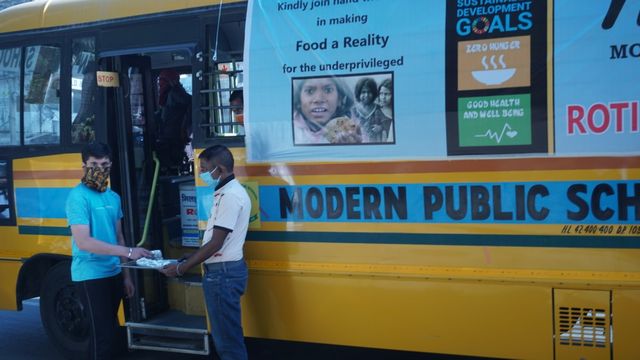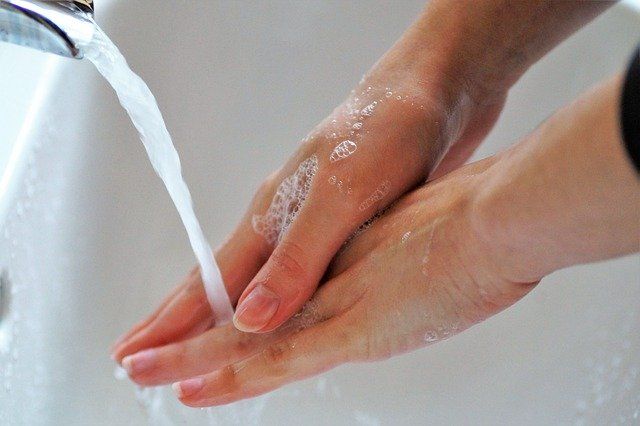The International Road Assessment Programme (iRAP), a registered charity dedicated to preventing road deaths through safer road infrastructure, in association with FedEx Express, the world’s largest express transportation company and a subsidiary of FedEx Corp. has announced the launch of the 5-Star Global Connections Initiative. The CSR programme will unlock the power of partnerships across India and share success across more than 100 countries who have their own RAP programme and project activity.
Last year, FedEx announced the next stage of its global community engagement program, FedEx Cares 50 by 50, whereby the company aims to positively impact 50 million people around the world by the company’s 50th anniversary in 2023.
iRAP is known worldwide for its 5-Star road safety rating system and its advocacy for 3-Star or better roads for all road users. This new initiative will serve to connect more than 100 iRAP affiliates around the world enabling them to better communicate, network, and collaborate.
What is 5-Star Global Connections about?
The programme will be rolled out in 4 phases:
– A Global Partner Management System called iRAP Connect will be developed to store and track programme and partner success across more than 100 countries and 14,000 partners.
– A 5-Star Global Connections strategy that utilizes the system and its data wisdom to connect people and resources for high impact local RAPs will be initiated.
– Using the new global system, the 5-Star Connections strategy will be piloted in India with a focus on supporting all of the government and industry partners across the country. The initiative will be piloted as a part of IndiaRAP, a programme launched three years ago, to address the highest risk roads around the country with support from FedEx.
– A Celebrating Success Package will be developed to support projects across India that achieve the UN Global Targets for 3-star and better roads as a framework for other countries to follow.
Speaking about the initiative, Jack Muhs, regional president Middle East, Indian Subcontinent and Africa (MEISA) for FedEx Express said, “We’re proud to support this important road safety initiative. It is estimated by the World Health Organization stated that by 2030, road traffic crashes will cause more fatalities than HIV/AIDS, malaria and tuberculosis and, at FedEx, we believe we can help change these outcomes with our focus on connecting people and possibilities. Our support for the 5-Star Global Connections initiative of iRAP and the local FedEx Express support for IndiaRAP will help unite partners striving to make roads safer and save lives.”
The development of iRAP 5-Star Global Connections is already underway and is integrating the activities of iRAP partners across more than 100 countries worldwide. The initiative is connecting the countries with partners, activities, projects, road assessments and upgrades, metrics, training and accreditation activities, knowledge and news.
“5-Star Global Connections will be a game-changer for the charity’s impact and see first results delivered in the pilot country of India, where 17 deaths occur on the roads every hour,” said iRAP Global Programme Manager, Judy Williams. “We are glad to be supported by FedEx Express in this initiative, and we can’t wait to put these insights and efficiency gains to work in India to inform, celebrate and leverage outcomes for the IndiaRAP programme – which in real terms is safer roads, reduced road trauma and more Indian families getting safely home.”
Disclaimer: This media release is auto-generated. The CSR Journal is not responsible for the content




 Swaran Singh, IAS (R) is the Chairman of the Srinivasan Services Trust (SST), the social arm of the TVS Motor Company since August 2018. Before joining SST, Mr Singh was into public service, where he worked for over three decades, holding significant portfolios in the Government of India. He retired from the Government of Tamil Nadu as Principal Secretary & Commissioner for Industries & Commerce.
Swaran Singh, IAS (R) is the Chairman of the Srinivasan Services Trust (SST), the social arm of the TVS Motor Company since August 2018. Before joining SST, Mr Singh was into public service, where he worked for over three decades, holding significant portfolios in the Government of India. He retired from the Government of Tamil Nadu as Principal Secretary & Commissioner for Industries & Commerce.






